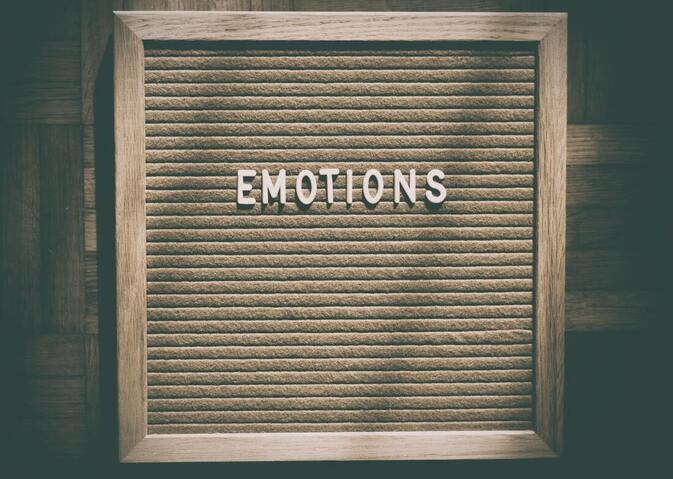|
Do you ever feel like you and are partner are repeating the same pattern over and over again? You or your partner says something that pushes buttons, one or both of you lose it, and then down the rabbit hole you go! The flooding of emotions during conflicts with a partner can be overwhelming and can lead to hurt feelings, regret, fear, and can even result in relationships ending. What is emotional flooding? Emotional flooding occurs when you are so mentally and physically overwhelmed by your feelings that they trigger a physiological, or fight or flight, response. This inevitably makes it impossible to have a productive conversation with yourself or another person. What are the signs of emotional flooding?
What can you do about it?
Want to learn more? At Kelly Mental Health, Couples Therapy is offered for partners who wish to strengthen, nurture, and address ongoing issues within their relationship. Our Therapists use The Gottman Method which is an approach to couples therapy that includes a thorough assessment of the couple relationship and integrates research-based interventions. Sessions focus on: Establishing boundaries, Improving communication, Sharing, Learning how to express thoughts and feelings constructively, and Invigorating the bond by establishing shared values and long-term goals. Book online at www.kellymentalhealth.com or call us today (807) 767-3888
|
|
OverviewNWO’s source for all things relationships, mental health, wellness, lifestyle, and pandemic support. Kelly Magazine is a mental health outreach initiative created by Kelly Mental Health and supported by Kelly Mental Health Foundation, a non-profit organization dedicated to improving the community in the area of mental health.
|
Magazine |
Follow Us |
In support of @kellymentalhealthfndn |
© COPYRIGHT. ALL RIGHTS RESERVED. WEB DESIGN BY KMH





